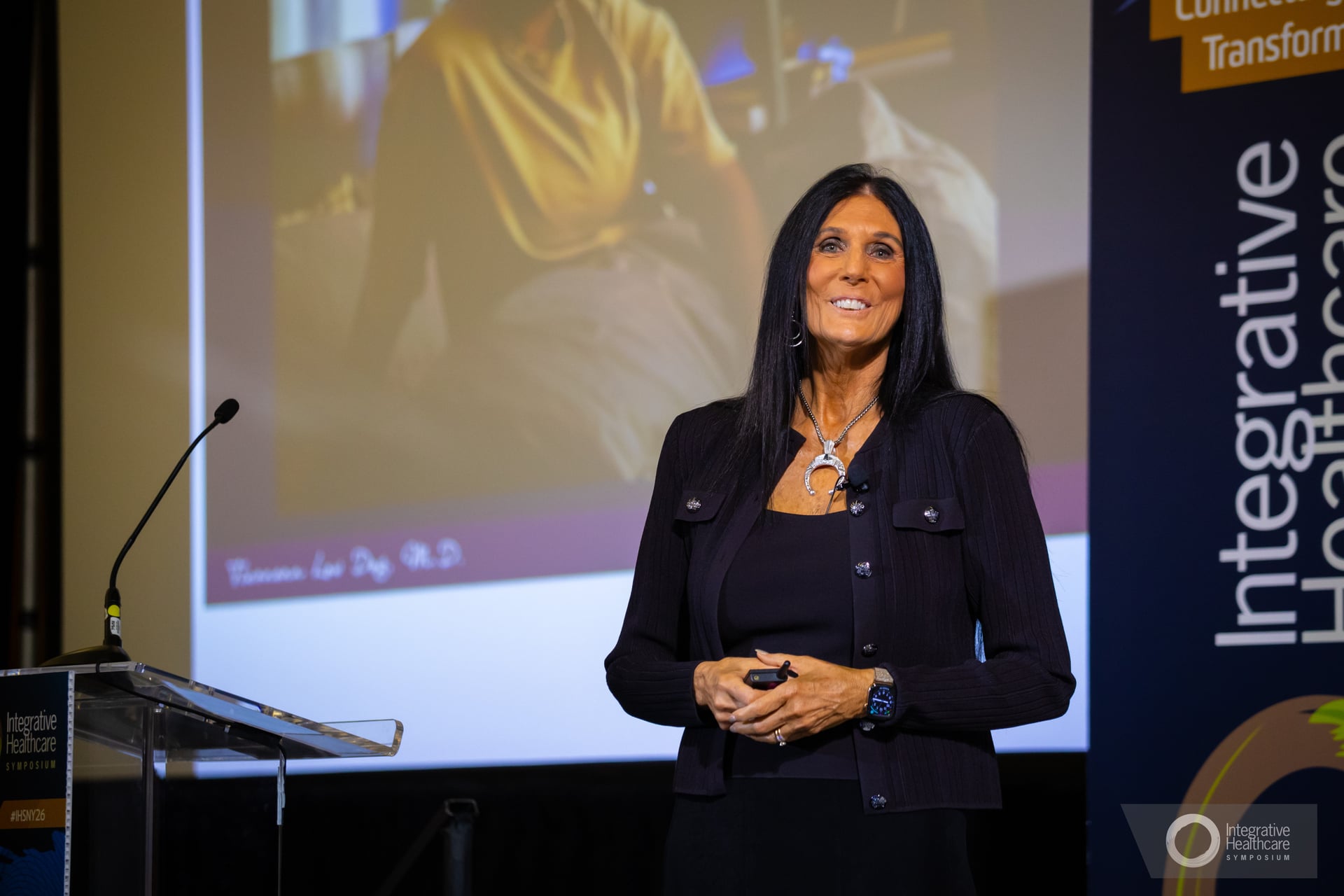New national poll shows increase in self-care since COVID-19
Photo Cred: Carolyn V/Unsplash
By Katherine Shagoury
Most U.S. adults say they will be more mindful about practicing self-care regularly following the novel coronavirus (COVID-19) pandemic, according to a new survey conducted by The Harris Poll on behalf of Samueli Integrative Health Programs.
The Social Isolation Survey was conducted online May 5-7 among 2,051 U.S. adults. The survey is not based on a probability sample and therefore no estimate of theoretical sampling error could be calculated, the experts said.
The survey found 80 percent of U.S. adults say they will be more mindful about practicing self-care regularly. Additionally, nearly half of Americans (46 percent) also report that they are struggling to find ways to maintain their whole health, physical, mental, and spiritual, during the pandemic.
In the survey, roughly one in four respondents reported a lack of energy (30 percent), difficulty sleeping (29 percent), or exercising less (29 percent) during the pandemic. Nearly half of the survey respondents (47 percent) reported feeling socially isolated.
Over half (64 percent) say they are focused on their mental health now more than ever. Nearly half of Americans (44 percent) say they wish they had more guidance and support for practicing self-care during the pandemic. Self-care strategies include lifestyle changes, healthy diet, regular exercise, stress management, and other behavior changes, such as smoking cessation.
Compared to before the pandemic, roughly one-third say they are practicing more creative activities (35 percent), praying more (31 percent), or engaging in more meaningful conversations with friends and family (31 percent). Most U.S. adults (83 percent) report that technology has been essential in helping them to stay connected with others. One in four also report that they are spending more time outdoors or eating healthy foods more.
However, a majority also cite disruptions in obtaining regular and preventative healthcare services. For example, 55 percent say they are scared to get healthcare during the pandemic. This is felt most acutely by people who have had a household income reduction during the pandemic, 64 percent versus 46 percent of those whose household income has not decreased due to the pandemic. Nearly half (45 percent) of all U.S. adults say they have failed to get preventive healthcare such as wellness visits, standard vaccinations, or screenings, during the pandemic.
“As the country begins our recovery, it will inevitably create questions about the future of the healthcare system,” said said Wayne Jonas, MD, executive director of Samueli Integrative Health Programs, in a statement. “The findings from this study show the critical need for a system that empowers individuals to maintain healthy habits they formed and emphasizes strategies that support self-care, like good nutrition, exercising, and stress reduction, alongside guidance from physicians.”
Editor’s note: Click here for more information and ongoing COVID-19 updates for integrative healthcare professionals.

















